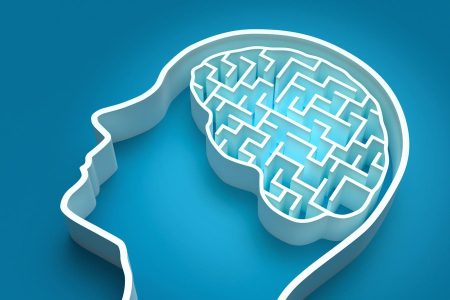Vinod Jain, an expert in global and digital business, is navigating the early stages of the Fourth Industrial Revolution, also known as Industry 4.0. This revolution, described by Klaus Schwab as different in scale, scope, and complexity from previous industrial revolutions, is driven by core technologies such as the Internet of Things (IoT), artificial intelligence (AI), cloud computing, and digital twins. These tools are enabling businesses to take advantage of the changes within Industry 4.0.
The IoT, which includes billions of devices connected to the internet, allows for the monitoring and collection of vast amounts of data generated by sensors embedded in various devices. This data is essential for improving operations, especially in high-stakes industrial equipment like machinery and power generation. AI, on the other hand, provides visibility and insights into operations and processes by analyzing the data collected from sensors.
Cloud computing enables industrial companies to integrate various functions efficiently and cost-effectively by processing and analyzing data stored in the cloud. Digital twin technology creates virtual representations of machines or systems to simulate their operations, identify potential problems, and implement enhancements.
The revolutionary impact of Industry 4.0 is evident in examples such as preventive maintenance, remote monitoring and diagnostics, remote software updates, asset tracking, automatic fulfillment, and compliance monitoring. These applications leverage IoT and IIoT technology to improve operational efficiencies, reduce costs, and ensure compliance with regulations.
Despite the numerous benefits of Industry 4.0, challenges such as cybersecurity, ethical concerns, and the need for a skilled workforce remain critical issues that require ongoing attention. Workers in a digital manufacturing environment must be proficient in computer skills, CAD/CAM tools, and digital literacy to effectively utilize technologies like IoT and data analysis.
Industry 4.0 is reshaping the way businesses approach production, management, and societal challenges. It represents a significant technological leap that has the potential to revolutionize industries across the globe. As businesses continue to navigate this digital transformation, adapting to the changing landscape and addressing key challenges will be crucial for success in the Fourth Industrial Revolution.















